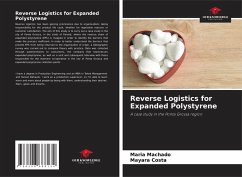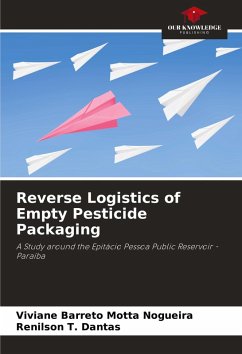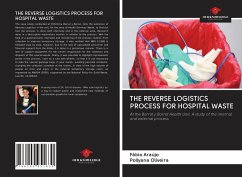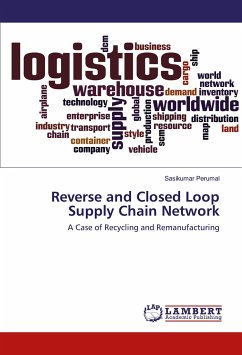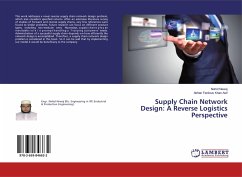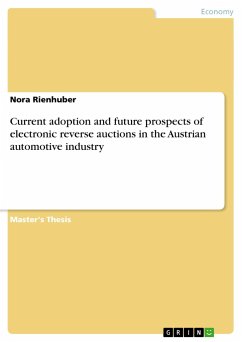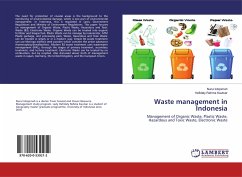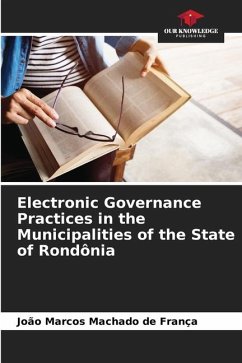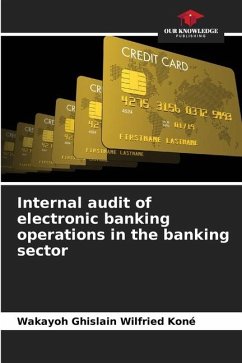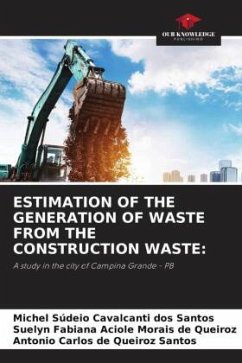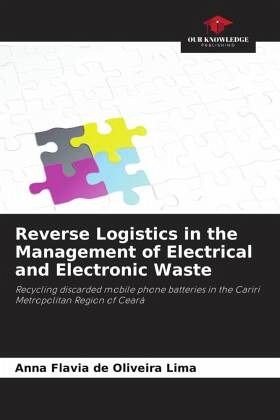
Reverse Logistics in the Management of Electrical and Electronic Waste
Recycling discarded mobile phone batteries in the Cariri Metropolitan Region of Ceará
Versandkostenfrei!
Versandfertig in 6-10 Tagen
27,99 €
inkl. MwSt.

PAYBACK Punkte
14 °P sammeln!
The amount of electronic waste produced is growing rapidly due to constant technological advances and the consumerist practices imposed on society. As a result, there is worldwide concern about the management of this waste. The Brazilian government, for its part, has instituted laws to limit the concentrations of heavy metals in the composition of portable rechargeable batteries, as well as implementing alternatives for the management of electronic waste. As mobile phone batteries are disposed of incorrectly, toxic substances contaminate the ecosystem and human beings. Therefore, reverse logis...
The amount of electronic waste produced is growing rapidly due to constant technological advances and the consumerist practices imposed on society. As a result, there is worldwide concern about the management of this waste. The Brazilian government, for its part, has instituted laws to limit the concentrations of heavy metals in the composition of portable rechargeable batteries, as well as implementing alternatives for the management of electronic waste. As mobile phone batteries are disposed of incorrectly, toxic substances contaminate the ecosystem and human beings. Therefore, reverse logistics has emerged as a strategy for sustainable development, reducing the improper disposal of this waste. In this case study, samples of mobile phone batteries were collected and characterised; the presence of metals was measured using acid extraction and atomic absorption spectrometry. It highlights the importance of implementing reverse logistics as a tool for reducing environmental pollution caused by the incorrect disposal of mobile phone batteries in the Cariri Metropolitan Region.





